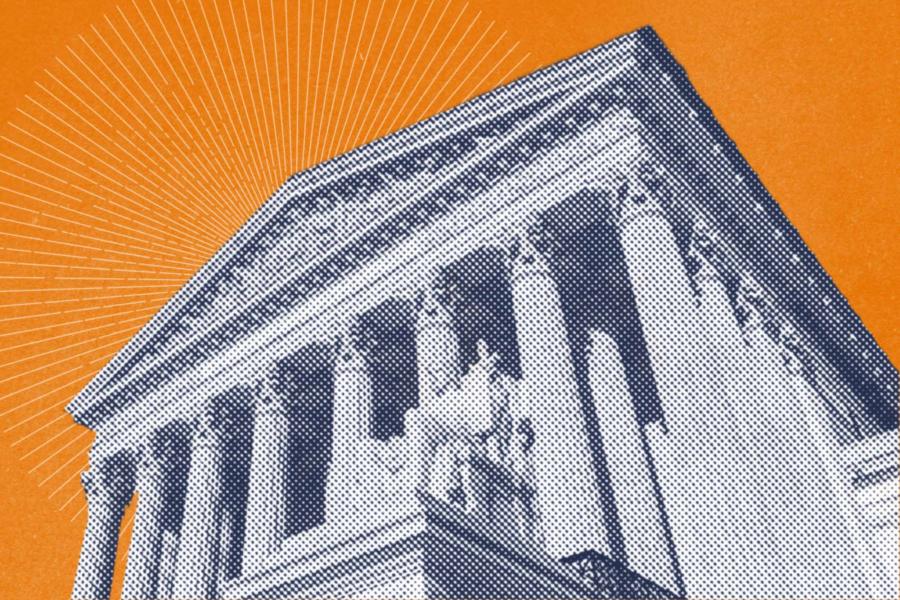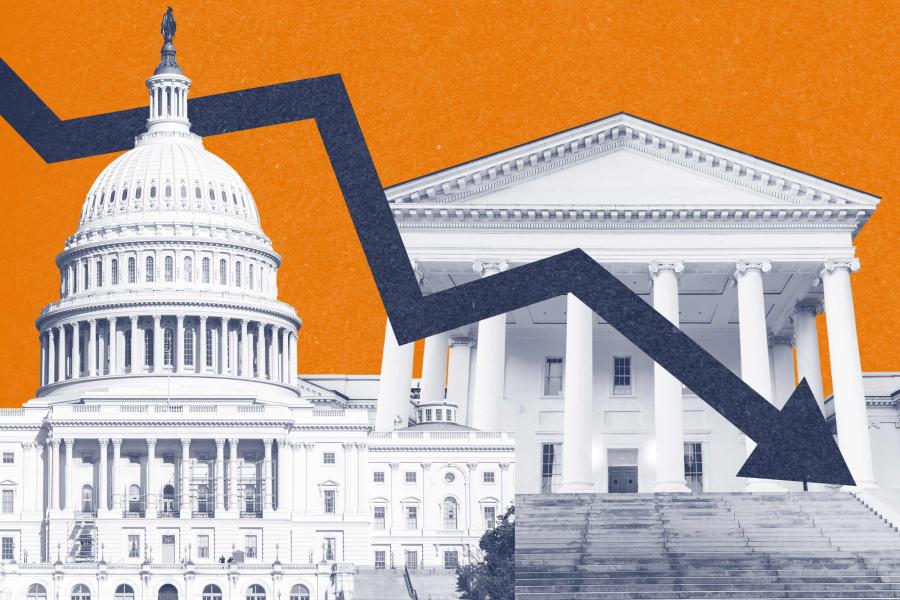During his first hours in office as the 47th president of the United States, Donald Trump signed multiple executive orders, including one aiming to end birthright citizenship.
The order’s ultimate fate remains unknown. On Thursday, a federal judge in Seattle issued an emergency injunction blocking the order, and it is facing other challenges.
UVA Today turned to Amanda Frost, the director of the University of Virginia’s Immigration, Migration and Human Rights Program in the School of Law. We had questions. She had answers.
Q. What is birthright citizenship?
A. Birthright citizenship is the colloquial designation of legal status that you get when you are born in the United States. It’s used to describe the legal principle that all people born in the United States, within its borders, are citizens of birth. It’s also a constitutional guarantee. It’s in the first sentence of the 14th Amendment to the U.S. Constitution, which was added to the Constitution in 1868 and was intended, among other things, to overrule the (Supreme Court’s) Dred Scott decision, saying that no black person, slave or free, could ever be a citizen.
Q. What does President Trump’s executive order say?
A. The executive order would end or deny citizenship and birthright citizenship for two primary categories of people. People born to undocumented immigrants, unlawful immigrants – people without legal status – and children born to legally present, but temporary immigrants.
So, for example, people on F-1 visas who might be in the United States for many years getting a Ph.D. or people on temporary work visas. So, people legally present and allowed to stay for years. If they have a child, that child also will not be a citizen under this executive order. The assumption is that he’s saying the Constitution should be interpreted not to guarantee or grant citizenship to those categories of children.
Q. What is the legal strength of that argument?
A. It’s a very weak argument for a number of reasons.
As a matter of the Constitutional text, it’s remarkably clear. There are vague Constitutional provisions. This is not one of them. It says, “All persons born or naturalized in the United States, and subject to the jurisdiction thereof, are citizens of the United States and of the State wherein they reside.”
So, the text is clear that it’s universal and grants very broad birthright citizenship to everyone born in the U.S. And the precedent in the Supreme Court and among other legal actors and lawmakers has been clear that it’s meant to apply very broadly.
Q. What is happening in response to the executive order in the legal system right now, and how do you see things playing out in the short term?

Law professor Amanda Frost is an expert in immigration, migration and human rights. The New York Times recently interviewed her about President Donald Trump’s executive order on birthright citizenship. (Photo by Julia Davis, UVA School of Law)
A. There have been a number of cases filed in various circuits – one in New Hampshire, one in Washington state. These are legal challenges on behalf of groups and individuals who would be affected, people who are expecting children to be born in February, March, when the order would go into effect. I predict that at least one of those judges, if not all of them, will issue a preliminary injunction preventing the executive order from going into effect, and then they’ll be appealed up to the appellate courts. And the Supreme Court could end up reviewing this issue, but probably won’t, unless a lower court rules against it. At least early on.
Q. Who would the executive order impact if it were to stand?
A. Everybody.
I think the general public, hearing this, whether they like it or not, would think it would only affect immigrants, and undocumented immigrants at that. That’s not the case.
Anyone having a child, if the order were to go into effect, would face the problem of demonstrating that child’s citizenship. And to do that, they have to demonstrate their own status. So, hospitals have to figure this out; the states which record the birth of children and then report that to Social Security; other government agencies (would) have to figure out now what they’re going to do to try to demonstrate that a child is a citizen because of their parent’s status.










